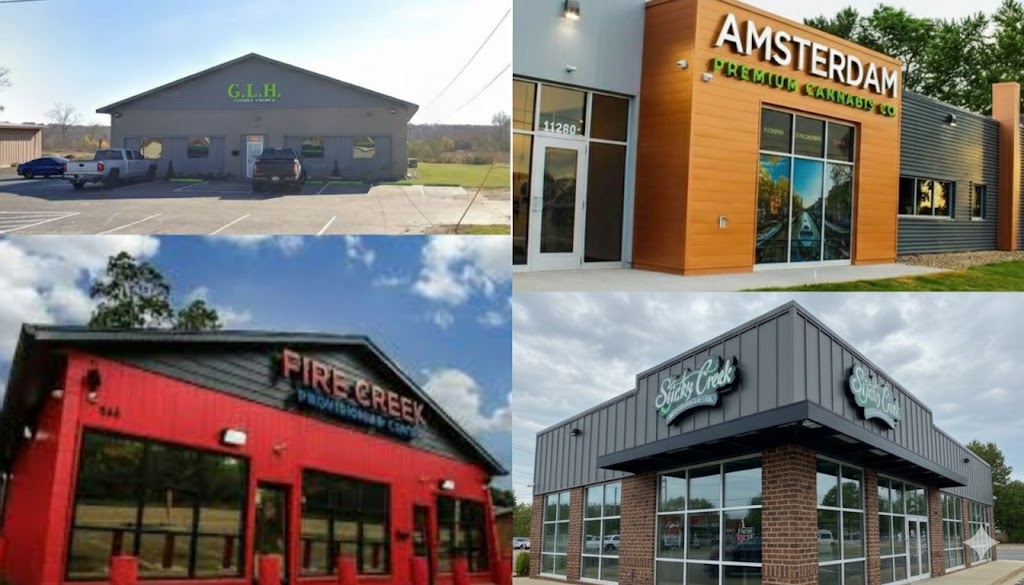The Cereal City Buzz
Archives
Michigan Implements 24% Wholesale Marijuana Tax to Fund Road Repairs
SIGN UP FOR OUR NEWSLETTER
Michigan Implements 24% Wholesale Marijuana Tax to Fund Road Repairs |
New tax aims to generate $420 million annually for infrastructure improvements |
Michigan has enacted a new 24% wholesale tax on marijuana, effective January 1, 2026, to bolster funding for road repairs across the state.
This tax is projected to generate approximately $420 million annually, addressing the state's pressing infrastructure needs.
The legislation, known as the Comprehensive Road Funding Tax Act, was passed by the Michigan House and Senate as part of the state's $75.9 billion budget for fiscal year 2026.
Governor Gretchen Whitmer emphasized the importance of this initiative, stating, "Over the past seven years, we've made historic progress, fixing 24,500 lane miles and 1,900 bridges. With this budget, we're locking in a significant, bipartisan investment to fix state and local roads for decades to come."
The new tax will be levied on the first sale or transfer of cannabis from growers and processors to retailers, as well as on cannabis cultivated and processed for retail sale by the retailers themselves.
Revenue from this tax will be allocated to two funds: the Comprehensive Road Funding Fund and the Neighborhood Road Fund, with a significant portion dedicated to local road construction, maintenance, and preservation.
While the tax aims to address infrastructure challenges, it has sparked concerns within the cannabis industry.
Al Williams, president of the Detroit Cannabis Industry Association, expressed apprehension, stating, "It's like a gut punch to the industry. We're already overtaxed from the federal government, we were already taxed heavily from the state government, and now to have a 24% increase, a lot of people are going to figure out whether this industry is worthwhile."
Industry leaders warn that the increased tax burden could lead to higher consumer prices and potentially drive consumers back to the unregulated black market.
Williams noted, "In some cases, it's going to be three to four dollars per gram of an increase. Your gummies are going to go up, anything that's processed is going to go up, and of course, regular flower is going to go up too."
Despite these concerns, Governor Whitmer defended the tax, stating, "The 24% actually makes us commensurate with other states in our region. It is not out of line, and it's not even close to the tobacco tax on tobacco products or taxes on alcohol."
As the implementation date approaches, stakeholders will be closely monitoring the impact of this tax on both the cannabis industry and Michigan's infrastructure funding. |

